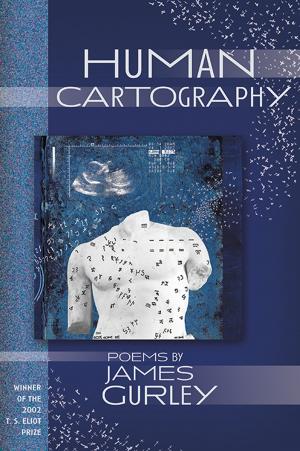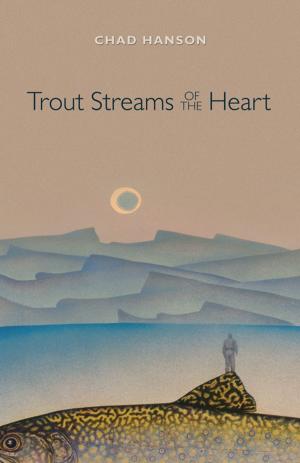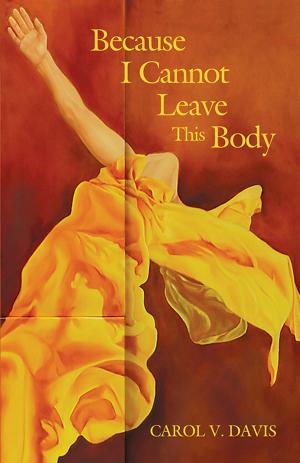| Author: | Laura Bylenok | ISBN: | 9781612481586 |
| Publisher: | Truman State University Press | Publication: | September 1, 2015 |
| Imprint: | Language: | English |
| Author: | Laura Bylenok |
| ISBN: | 9781612481586 |
| Publisher: | Truman State University Press |
| Publication: | September 1, 2015 |
| Imprint: | |
| Language: | English |
The etymology of the word “warp” is constantly at play in Laura Bylenok’s new collection of poems, though the word almost never appears. Warp becomes an agent of the change that is central to existence, projecting through space and laying on hands. Bylenok weaves iterations of warp’s definitions through her verses like a wave, a particle, a distortion, a sigh. “I want to feel a thing, to feel / myself turn over in my fingers, / turn over in my hands / of salt, my mouth of salt.” Never obvious, Bylenok’s imagery and sounds linger. “Your signature will cover me, an x / I carry in my eyes, and on my tongue / a sip of scotch about to vaporize.” Bylenok writes important poems grounded in physicality, finding the divine in the ordinary. “In the church, I always saw her, / absentminded, touch her own hands / as if to touch something under the skin.”
The etymology of the word “warp” is constantly at play in Laura Bylenok’s new collection of poems, though the word almost never appears. Warp becomes an agent of the change that is central to existence, projecting through space and laying on hands. Bylenok weaves iterations of warp’s definitions through her verses like a wave, a particle, a distortion, a sigh. “I want to feel a thing, to feel / myself turn over in my fingers, / turn over in my hands / of salt, my mouth of salt.” Never obvious, Bylenok’s imagery and sounds linger. “Your signature will cover me, an x / I carry in my eyes, and on my tongue / a sip of scotch about to vaporize.” Bylenok writes important poems grounded in physicality, finding the divine in the ordinary. “In the church, I always saw her, / absentminded, touch her own hands / as if to touch something under the skin.”















